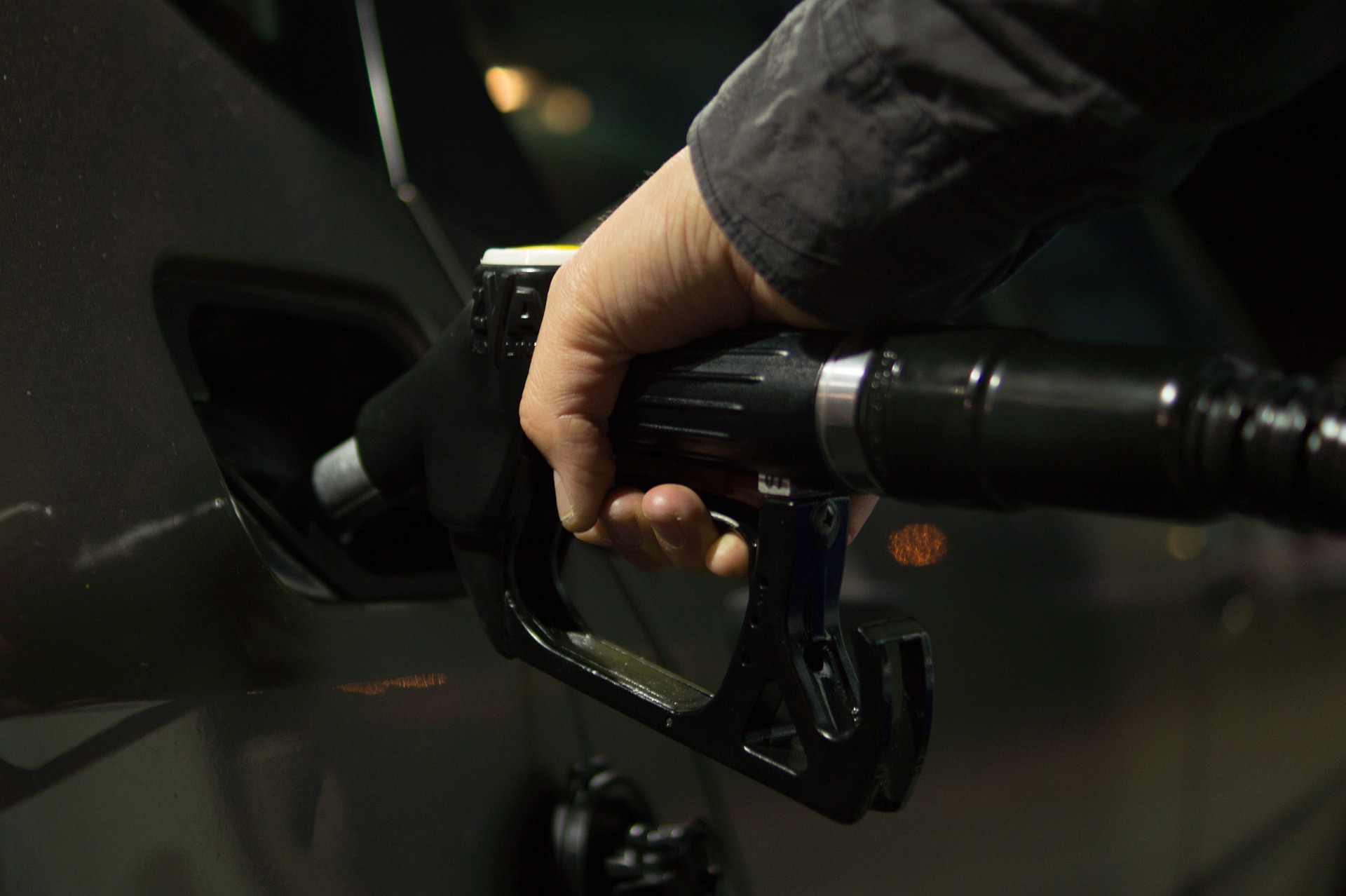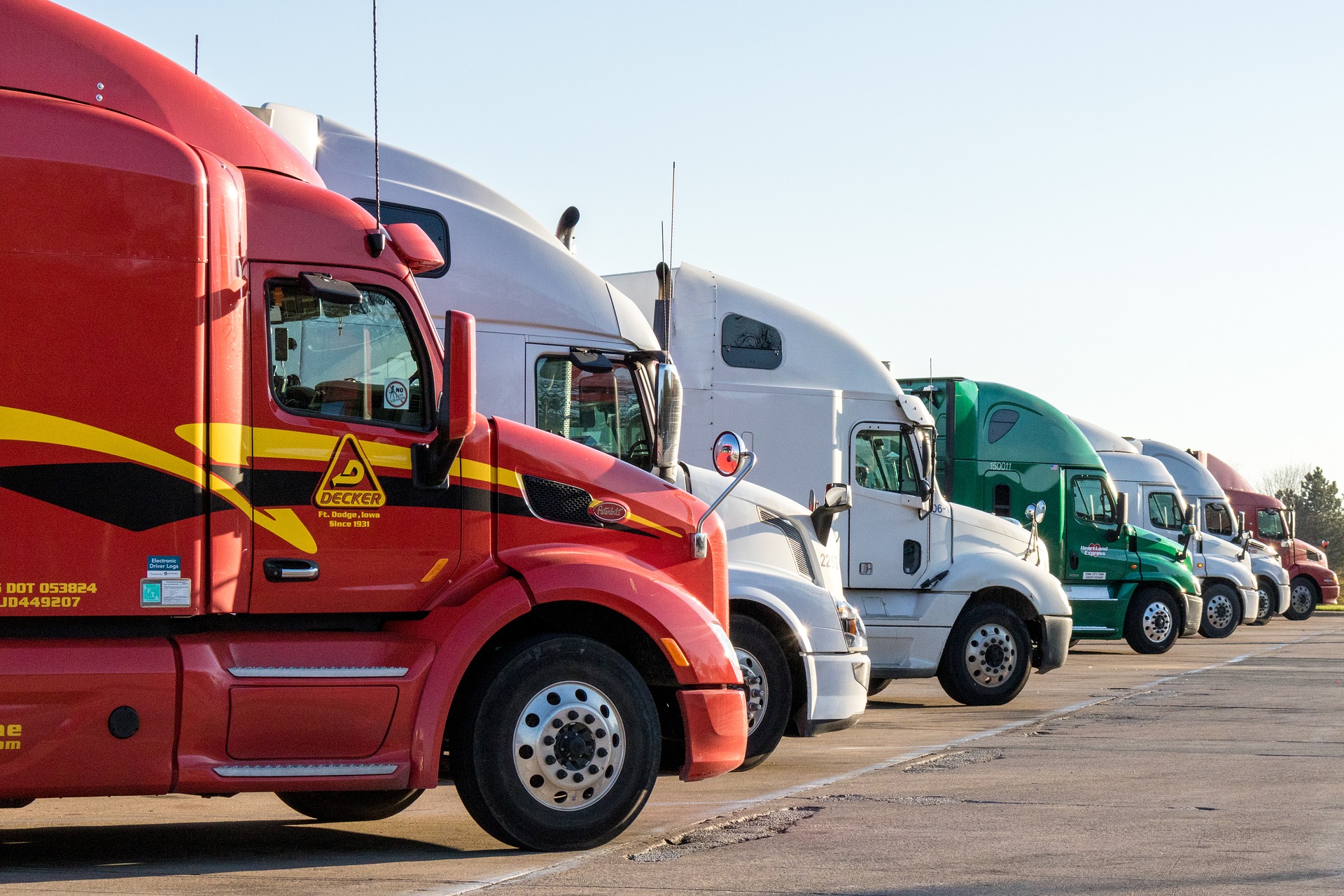
"We can serve a maximum of 10 liters of diesel per customer!," reads the sign at a gas station in eastern Hungary. For each liter sold, the company faces a loss of more than eight forints.Continue reading

From February 22, fuel worth up to 50,000 forints (EUR 140,5) per refueling can be purchased at ten Shell gas stations. The measure concerns stations along transit freight routes, Shell Hungary Zrt. announced, and is valid until revoked.
This article was originally published on our sister-site, Ungarn Heute.
Shell says that out of a total of 191 service stations they operate, up to 100 liters of fuel of any type can now be purchased at ten stations that are most used by international freight traffic.
The press release goes on to say that “in order to maintain the security of supply,” from February 22, 2022, a maximum of about 100 liters of any fuel up to a gross value of 50,000 forints per transaction can be filled up at ten Shell gas stations along the main transit routes. As before, there is no limit on the number of purchases per day at these stations, only on the one-time amount that can be dispensed at the pump.
The measure affects less than 10 percent of Shell’s network and only gas stations near highways. The measure is valid until revoked. In the meantime, Shell has also increased its fuel deliveries to maximum capacity, added extra shifts to delivery times, and redeployed logistics staff for replenishment tasks.
The Shell service stations affected by the measure are:
The government had fuel prices capped as recently as November last year. The measure was extended for another three months after February 15. As a result, gas stations are still not allowed to sell unleaded-95 gasoline and diesel for more than 480 forints per liter. As a result, fuel is cheaper in Hungary than in many neighboring and distant countries: according to Holtankoljak.hu, 95 gasoline is still more expensive in Romania at 492 forints per liter, in Austria at 523 forints per liter, and in Norway and the Netherlands at over 700 forints per liter.
This has ultimately boosted “fuel tourism.” However, since gas stations are currently selling the fuel at a loss, many have decided to limit the amount of fuel they sell. However, there are said to have been some gas stations that have also had to close.
Sources: Telex, Holtankoljak.hu
Featured image: illustration via Pixabay